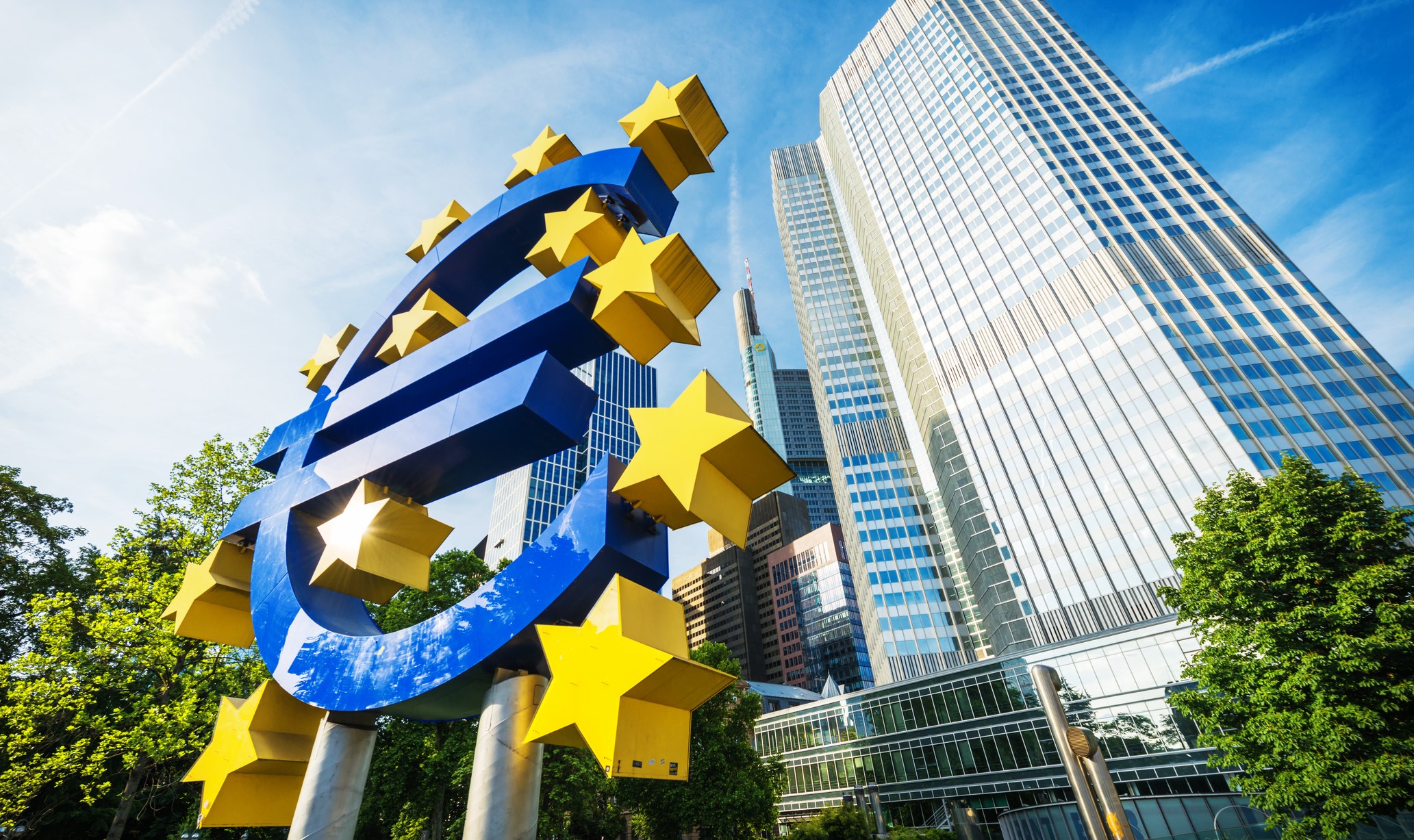A Free Trade Agreement between New Zealand and the European Union is a decade overdue.
That’s the view of the New Zealand Europe Business Council (NZEBC), an umbrella organisation representing all European nation’s business interests in New Zealand.
NZEBC president Frank Olsson, who is also the honorary Swedish Consul in Auckland, says a Free Trade Agreement (FTA) between the two parties would have saved Kiwis millions of dollars in imported goods and boosted exporters’ trade significantly.
“We have been missing out for 10 years.”
Olsson says the magnitude of trade with Europe often goes unrecognised here.
“Last year, exports to the European Union (EU) were worth $8.5 billion, making the EU our third most important export trade partner behind China and Australia,” he says.
“And in terms of imports, the EU tops the list with $13.2 billion in goods brought in from Europe in 2017 – it is a hugely important source of goods for this country. There is a massive two-way opportunity here.”
Negotiating an FTA with the EU is a fairly drawn-out process for obvious reasons, says Olsson. “It needs to be acceptable to all 28 member countries, so there is considerable discussion required and a negotiation mandate reached before work on the FTA proper can formally begin, which is looking like being in late May.”
Olsson says the recent meetings between the New Zealand Prime Minister Jacinda Ardern and the leaders of the major EU states were a critical step forward in making the FTA a reality, as was EU President Jean-Claude Juncker’s state-of-the-nation announcement that he will be seeking a mandate for FTA negotiations with New Zealand and Australia.
“The PM’s visit was a timely reminder to EU nations of the long and strong historical connections between New Zealand and Europe. We see the FTA as a natural deepening of a relationship that has stood the test of time.
“We also applaud the agreement between the Prime Minister and French President Emmanuel Macron on the importance of social and environmental standards being part of the FTA and we expect to see climate change, labour rights and gender issues getting attention in the FTA talks.
“That’s in line with the EU’s recently announced Trade for All strategy, as well as New Zealand’s Trade for All agenda which both speak to the two governments’ wishes and efforts to spread the benefits of fair and rule-based free trade evenly.
“All of this suggests to us that the FTA negotiations will be between two like-minded partners both wishing to cement good trade practices; the interests of the two parties are looking very similar.”




